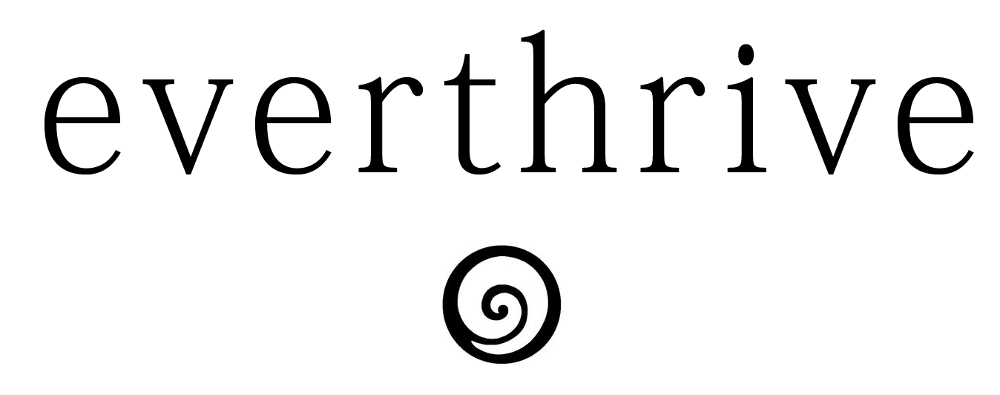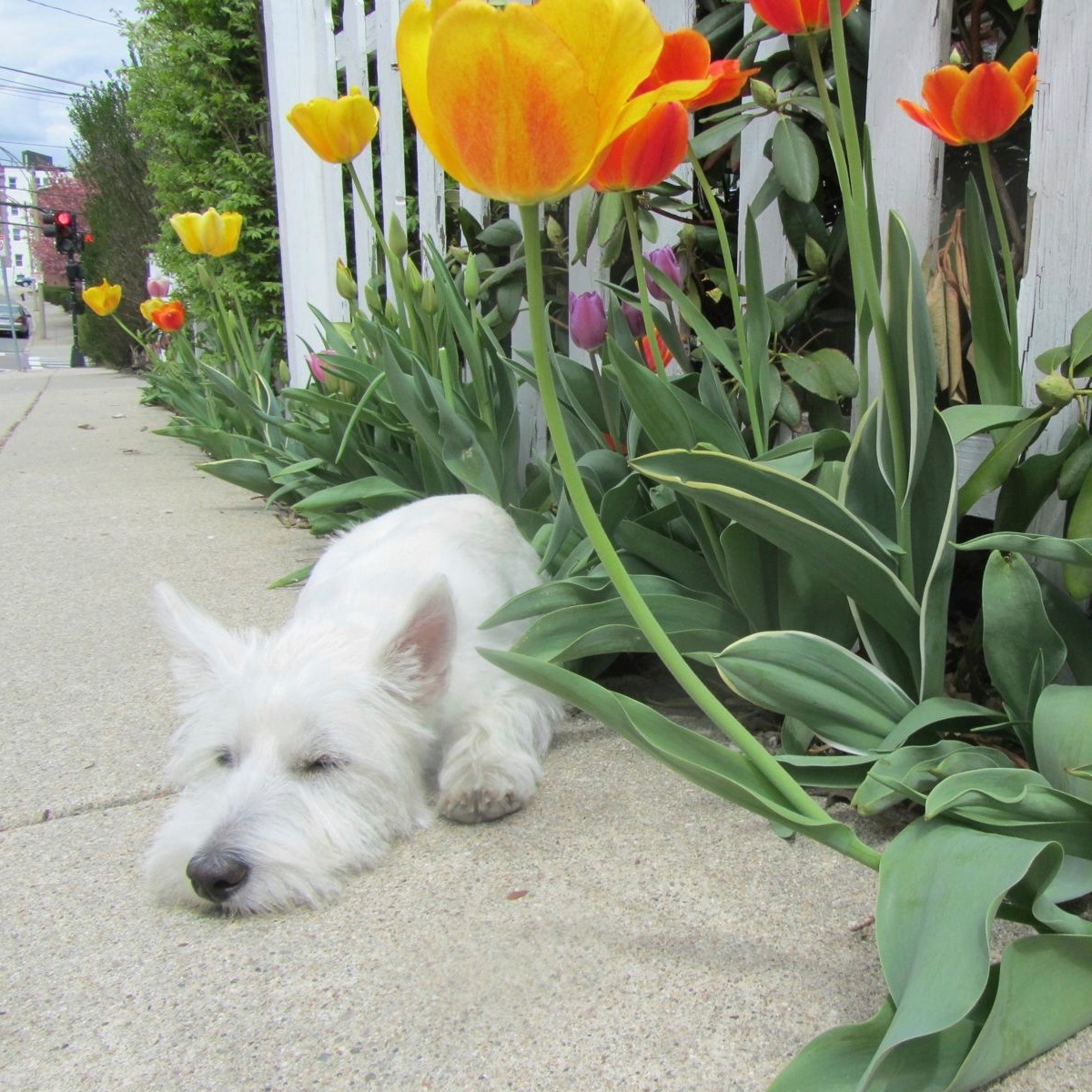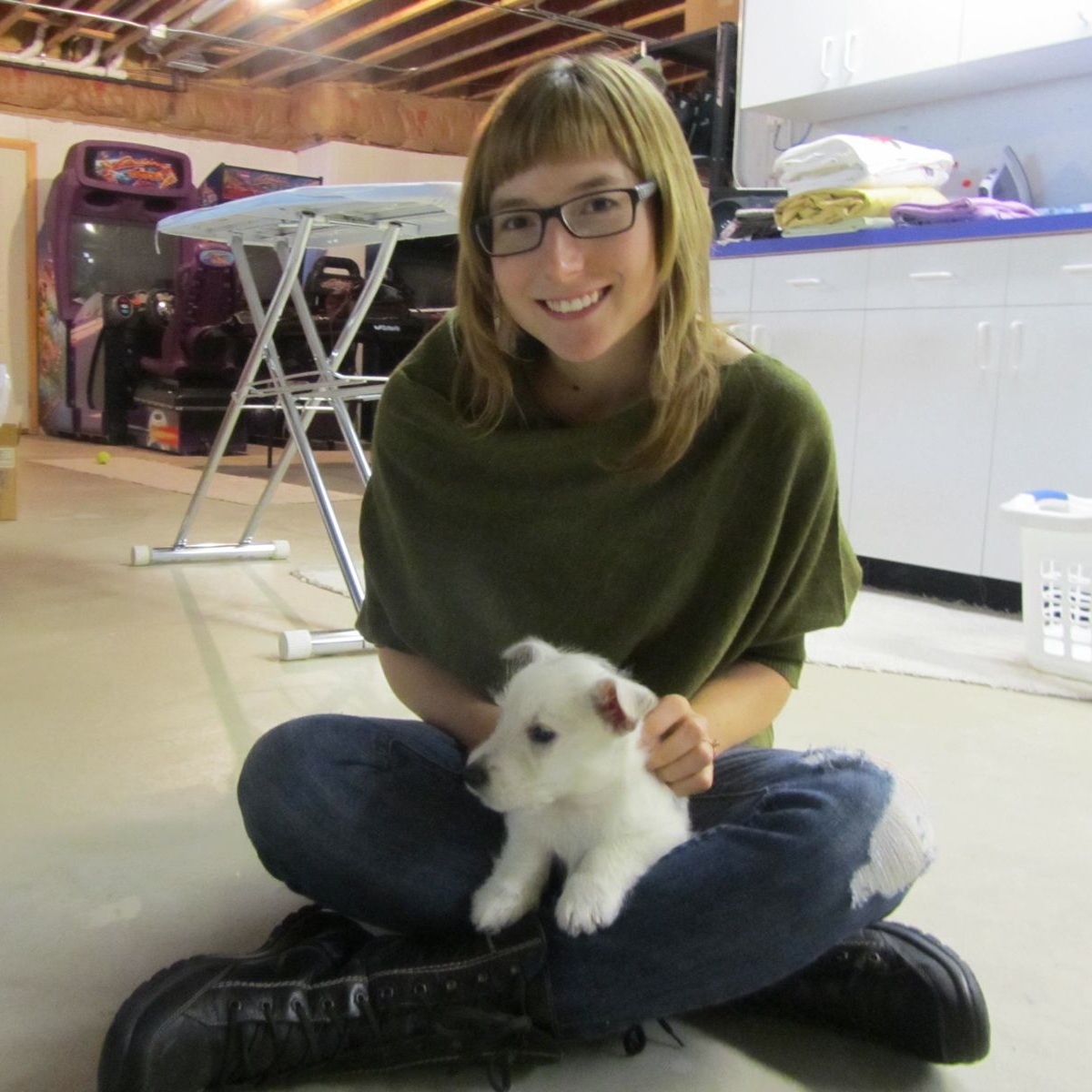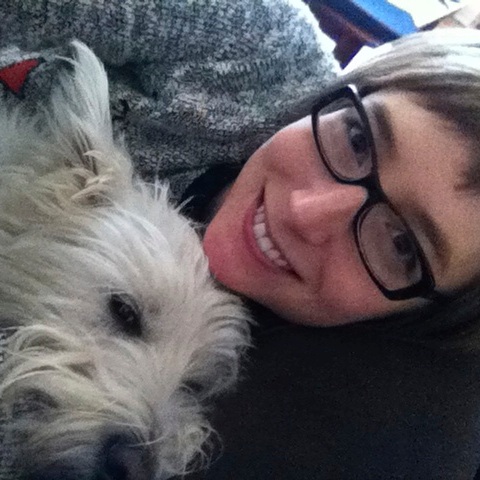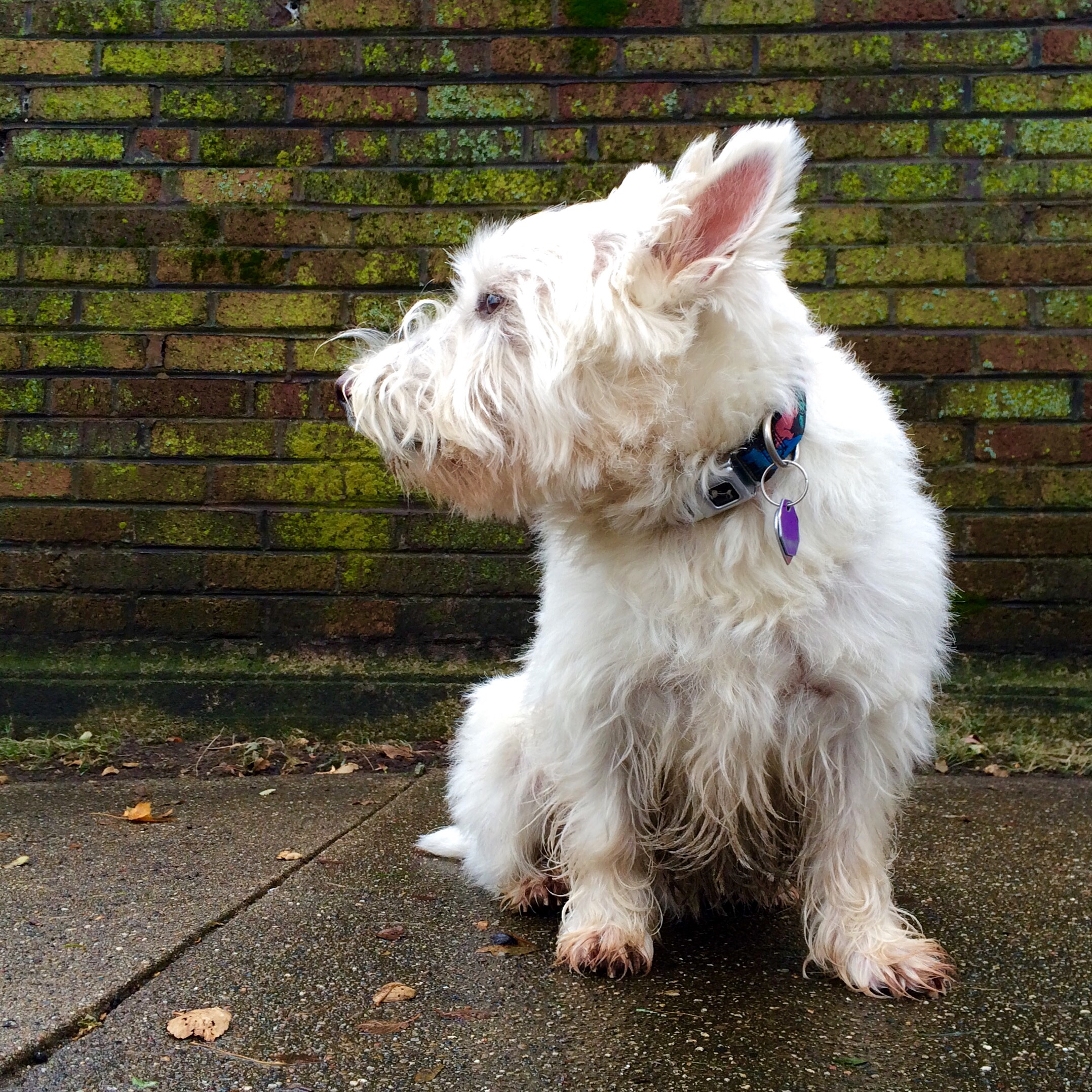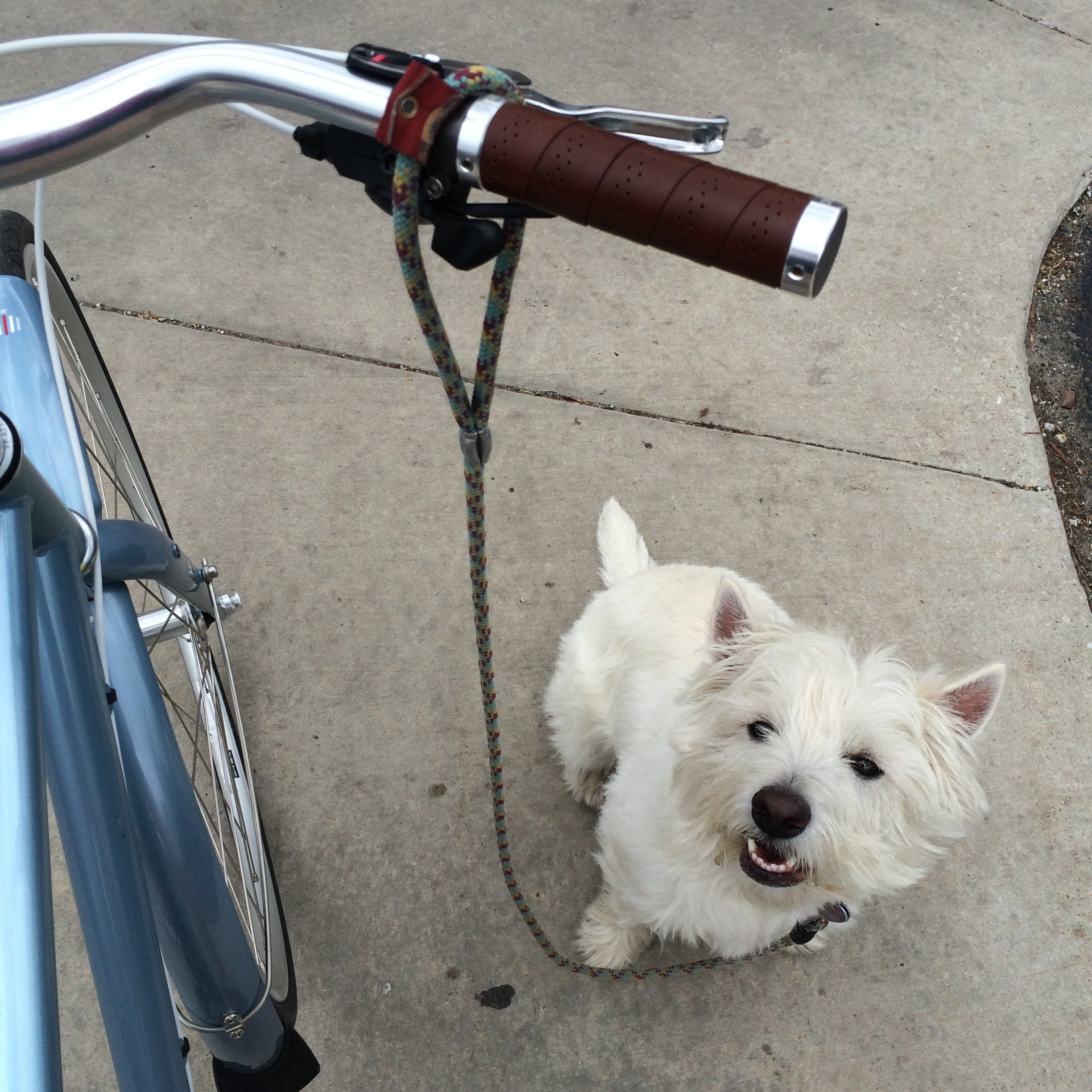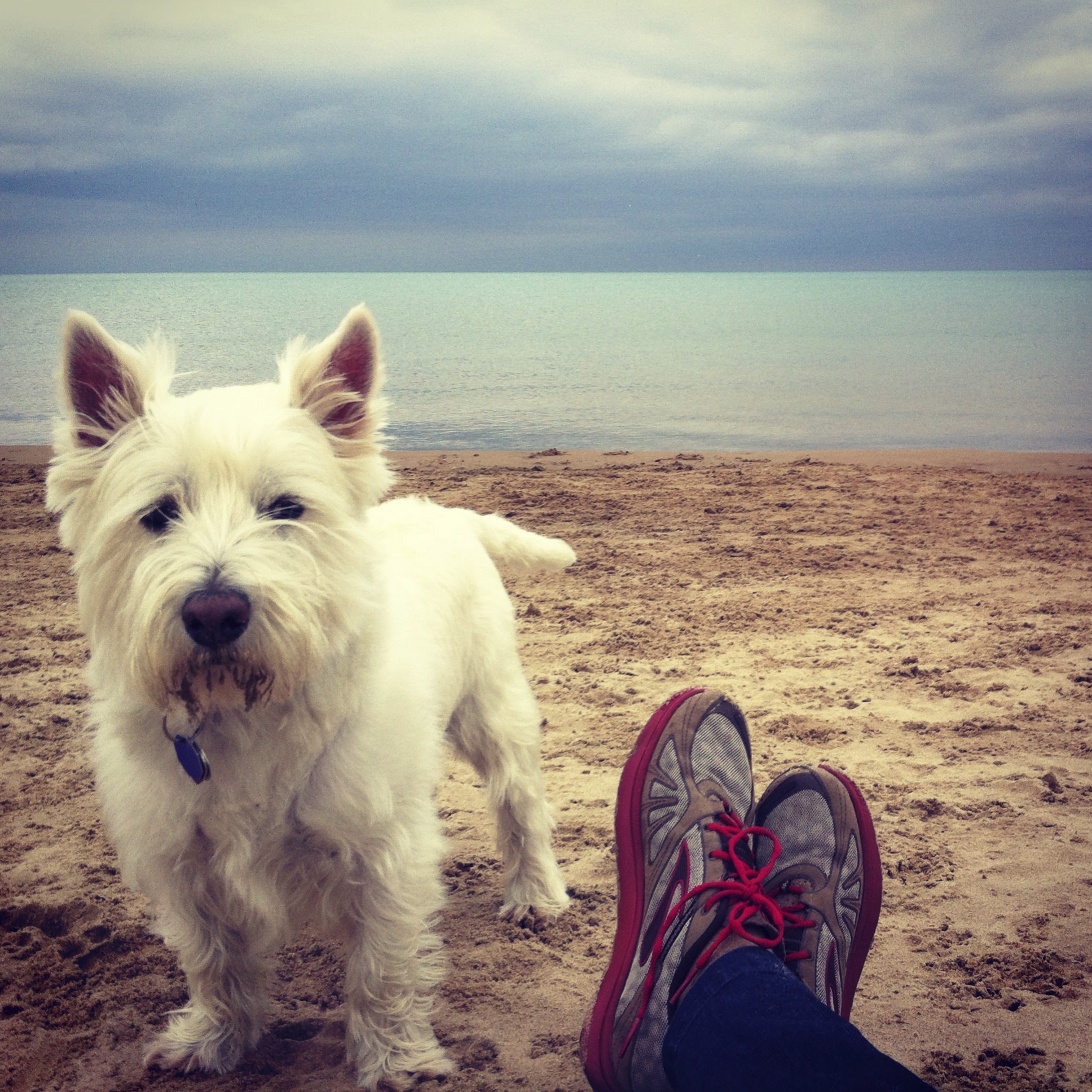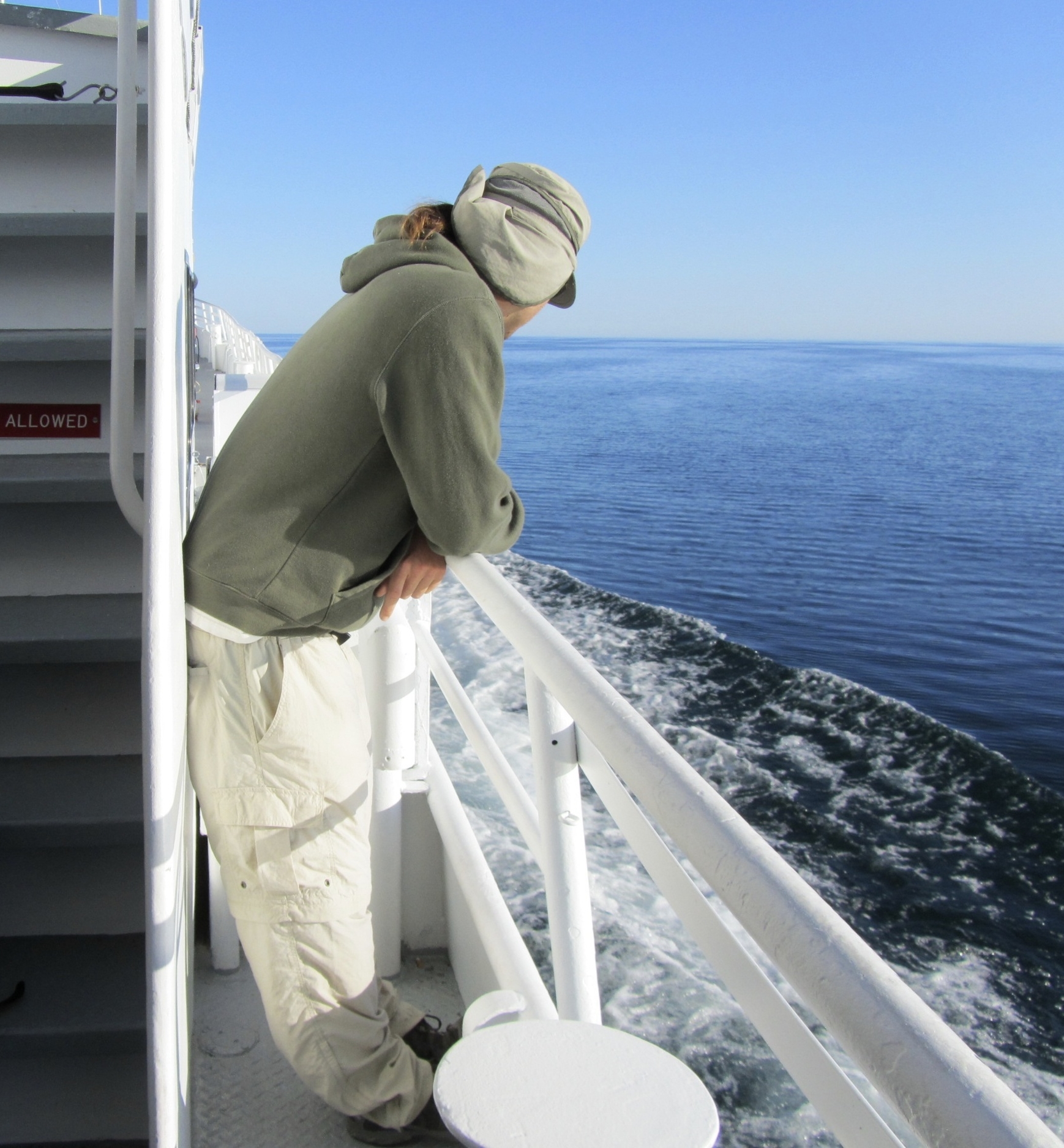Packing a Life: A Study in the Benefits of Minimalism
What are we really doing when we pack our things in order to move someplace else?
The phrase "pack our things" seems so simple and straightforward. Monosyllabic. Three words. Action and results oriented. However, these words entail something much more than putting items into boxes. These words involve confronting the past, and setting a new course for the future.
In June of 2017, I officially moved from Chicago, Illinois to Fort Collins, Colorado. Moving myself physically was fairly undemanding: I packed some suitcases, boxes, plants, and a few other miscellaneous items into my small hatchback before my dog Chauncey hopped into the passenger's seat with his tennis ball. I left Chicago at 4:30 a.m., and drove away from the rising sun. I arrived at 7:20 p.m. just as the last rays of light waved goodbye beyond the foothills. Having arrived six weeks prior, Josh waited for me in the driveway, welcoming me into our new life. As I mentioned, the moving itself was easy. I simply drove from point A to point B. However, the work done to make this move happen was a bit more calculated.
“The question of what you want to own is actually the question of how you want to live your life.” - Marie Kondo
When Josh and I were in the midst of dating, we sat together and discussed: what kind of life do we want? The answer to that question was easy. We want a simple life, an unencumbered life. A life where we are not held back by the physical and mental clutter of "things." In order to achieve our goal, we have to allow ourselves to let go of the sentimental material goods from the past, therefore creating space for a more fulfilling emotional life for our future. Eliminating the excess is important so that we can move into the space beyond. The space where we will live should be a place for nurturing the people we are becoming, instead of a feeding area for the spirits of the past.
Packing and moving presents a special opportunity to evaluate our past lives, giving us a chance to shape the future.
Before the real packing began, Josh and I went from room to room, contemplating each and every item we owned. We've been living together for two years, so by now his possessions have become my possessions and vice versa. In turn, we carefully considered each piece of artwork, each kitchen accessory, each pair of sheets, and each clothing item.
We consciously evaluated our stuff using our own version of the Marie Kondo method: does this item make us happy? Has it proven useful to us over the past year? Will this item have a purpose and place in our new lives? Have I worn that dress during the last six months? Will he ever wear that t-shirt again? We queried what we owned by thinking about the life we wanted to share together. If the items didn’t make the cut, we donated or sold them, making even more room for “everything that remains” (The Minimalists).
Chauncey made the cut :-)
It is interesting to think about the action of packing and moving a life. The process involves just as much physical labor as it does mental labor. Packing and moving can be stressful and irritating, and people usually loathe the thought of moving.
Taking the time to donate or sell unwanted items can really be annoying and laborious. However, behind every stressful, irritating cloud there exists a silver lining.
By donating or selling our unwanted belongings, we’re getting rid of stuff that takes up unnecessary mental space and physical space.
We had a multi-family garage sale to get rid of a lot of our things. Took a lot of time and energy, but ultimately it was a success.
These extra belongings would therefore be taking up our time, and preventing us from living the best lives we can possibly live. Stuff is meant to serve us, not the other way around. Our boxes of carefully chosen belongings will continue to serve us in another location.
Another benefit to downsizing is that it’s a great opportunity for reflection. Contemplating the things we own and deciding which things deserve to be carefully concealed with paper and securely packed into a box allows us to revisit the past. The process is similar to turning the pages of the book of life: reflecting on bygone days while preparing for the future. When considered out of context, our boxes stacked the garage, ready to be "Tetris-ed" into our POD, are a snapshot in time. These boxes are a representation of who we are now, and a harbinger of who we will become.
When we packed our lives, we examined our inner selves, completing a rite-of-passage into our new life together.
Looking to the future.
After arriving in Fort Collins, we were able to revisit our belongings with a renewed sense of purpose. Each item that survived our selection process and arrived unscathed be the journey from Chicago to Colorado was integrated into our new home. However, just because our things made the cut doesn’t mean they are kept around indefinitely. As evolving minimalists, we try to incorporate decluttering and downsizing all year long. This habit keeps us future-minded. By clearing away the excess, we can truly focus on what is important in our lives.
“Minimalism is about getting rid of life’s excess in favor of the essential” - Joshua Fields Millburn
